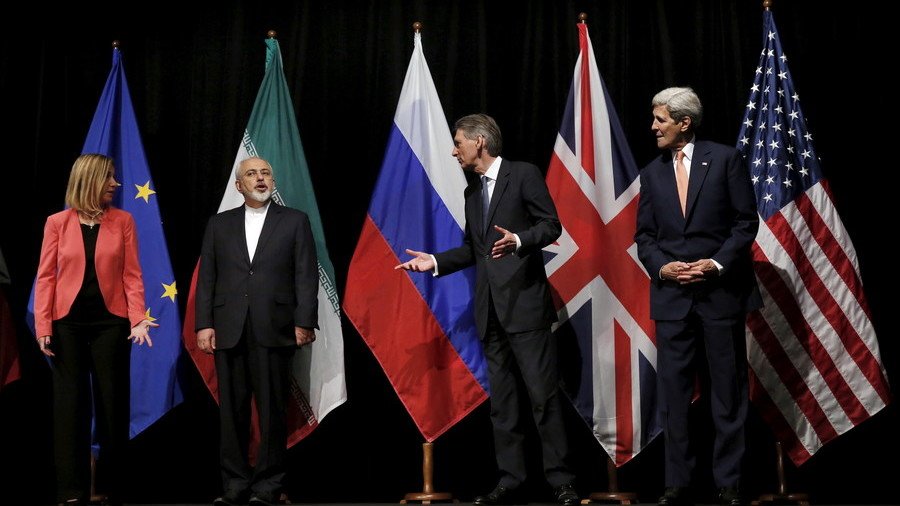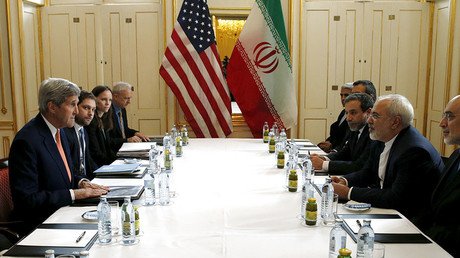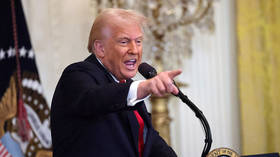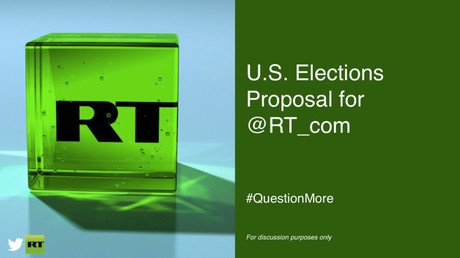‘Not a love affair’: Zarif says Iran to stay in nuclear deal as long as its oil sells

The landmark 2015 nuclear deal was “not a love affair but a compromise,” the Iranian foreign minister has said. Tehran will stay in the agreement even without the US – as long as its oil is bought and revenues are generated.
“The agreement wasn’t a love affair but a reasonable compromise,” Iran’s Foreign Minister Mohammad Javad Zarif told Germany’s Spiegel magazine. The Islamic Republic will continue to stick to the accord “as long as it meets our interests,” the top diplomat noted.
It is crucial that Iran is able “to sell reasonable amounts of oil and transfer revenues.” While Tehran is keen to cooperate on investments, science, hi-tech and trade, “oil and banks” is an important indicator of how efficient the 2015 nuclear deal is.
Iran and six major world powers – Russia, China, the US, UK, France and Germany – reached the landmark agreement following more than ten years of on-off talks. Under Donald Trump, who famously branded it “the worst deal ever,” the US walked out of the accord, also imposing sanctions on Tehran
However, other signatories carried on. In spring of this year, UK Prime Minister Theresa May, French President Emmanuel Macron and German Chancellor Angela Merkel spearheaded the renewed push for the deal to stay intact. The leaders agreed that it was “the best way of neutralizing the threat of a nuclear-armed Iran,” the Downing Street said at the time.
In June, the EU released a joint statement, insisting that preserving the nuclear deal with Iran was “a matter of respecting international agreements and a matter of international security.” Brussels also promised to shield European companies doing business with Iran “from the impact of US extra-territorial sanctions.”
“The Europeans and other signatories must work on compensating the US sanctions,” Zarif commented. “It is critically important that Europe has to do it not for Iran, but for its own sovereignty and long-standing economic interests,” he offered.
Previously, Zarif suggested that joining the deal might have been a strategic mistake on Iran’s part. “But the problem was that we felt that the United States had learned that, at least as far as Iran is concerned, sanctions do produce economic hardship, but do not produce the political outcomes that they intended them to produce.”
“I thought the Americans had learned that lesson. Unfortunately, I was wrong,” he told CNN’s Nick Paton Walsh.
Think your friends would be interested? Share this story!
















